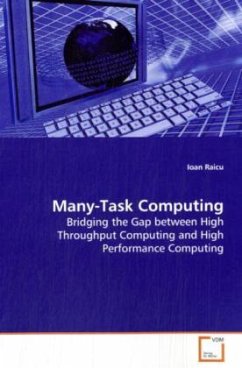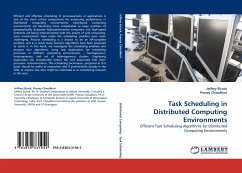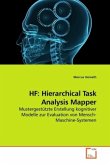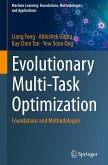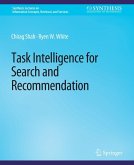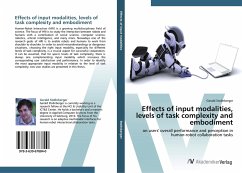Many-task computing (MTC) aims to bridge the gap
between two paradigms, high-throughput computing
(HTC) and high-performance computing (HPC). MTC is
reminiscent to HTC, but it differs in the emphasis of
using many computing resources over short periods of
time to accomplish many computational tasks, where
the primary metrics are measured in seconds, not
operations per month. MTC denotes high-performance
computations comprising of multiple distinct
activities, coupled via file system operations. Tasks
may be small or large, uniprocessor or
multiprocessor, compute-intensive or data-intensive,
static or dynamic, homogeneous or heterogeneous. The
aggregate number of tasks, quantity of computing, and
volumes of data may be extremely large. MTC includes
loosely coupled applications that are generally
communication-intensive but not naturally expressed
using message passing interface commonly found in
HPC, drawing attention to the many computations that
are heterogeneous but not happily parallel. This
book explores fundamental issues in defining the MTC
paradigm, as well as theoretical and practical issues
in supporting compute and data intensive applications
on large scale systems.
between two paradigms, high-throughput computing
(HTC) and high-performance computing (HPC). MTC is
reminiscent to HTC, but it differs in the emphasis of
using many computing resources over short periods of
time to accomplish many computational tasks, where
the primary metrics are measured in seconds, not
operations per month. MTC denotes high-performance
computations comprising of multiple distinct
activities, coupled via file system operations. Tasks
may be small or large, uniprocessor or
multiprocessor, compute-intensive or data-intensive,
static or dynamic, homogeneous or heterogeneous. The
aggregate number of tasks, quantity of computing, and
volumes of data may be extremely large. MTC includes
loosely coupled applications that are generally
communication-intensive but not naturally expressed
using message passing interface commonly found in
HPC, drawing attention to the many computations that
are heterogeneous but not happily parallel. This
book explores fundamental issues in defining the MTC
paradigm, as well as theoretical and practical issues
in supporting compute and data intensive applications
on large scale systems.

